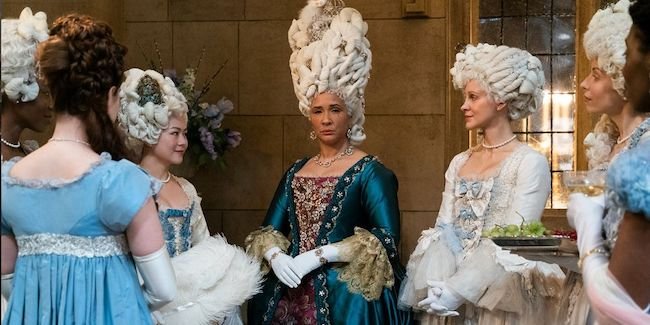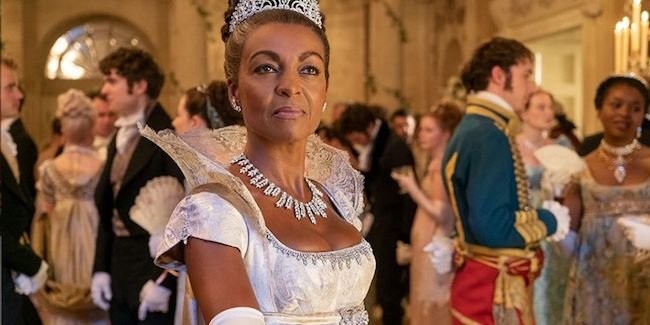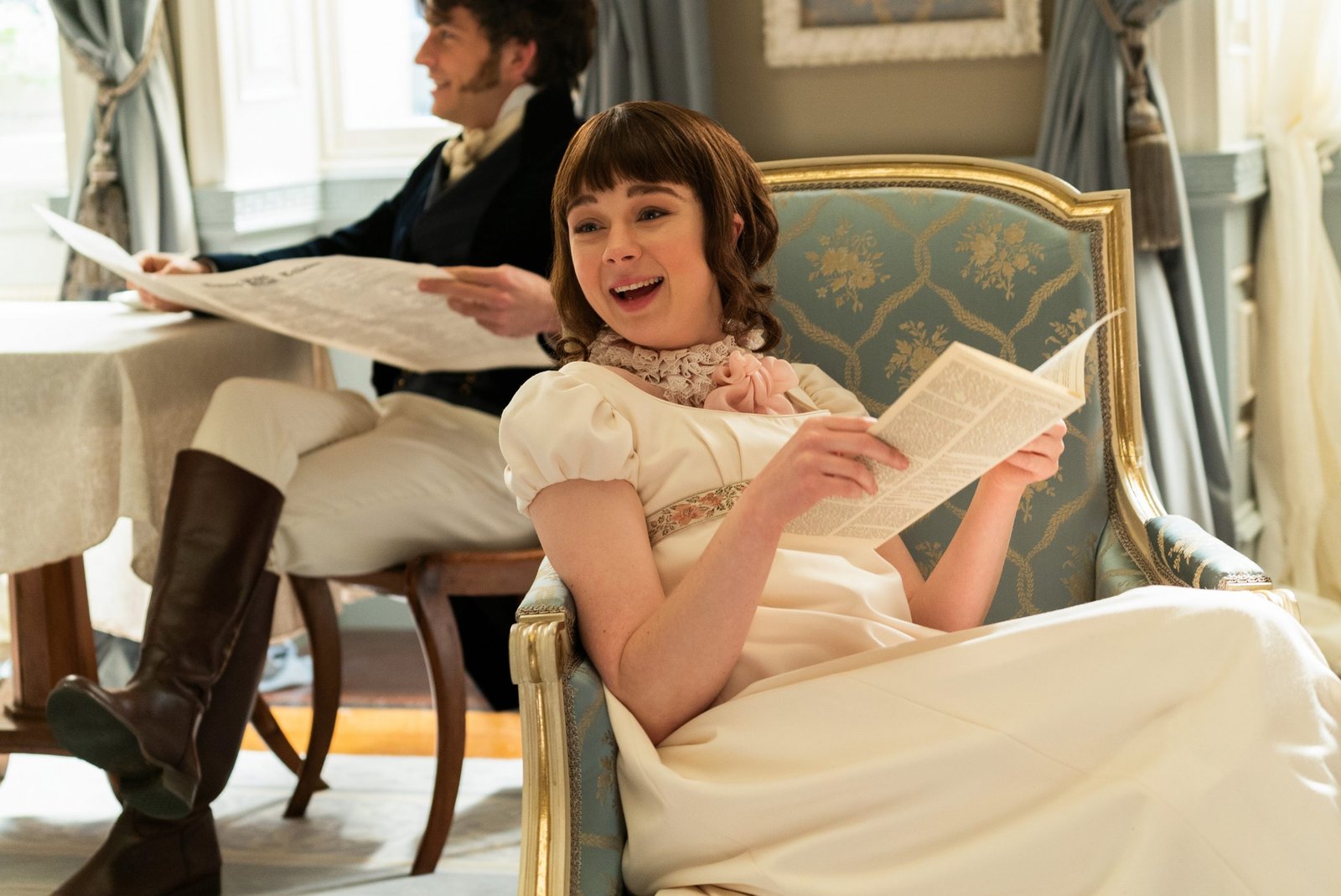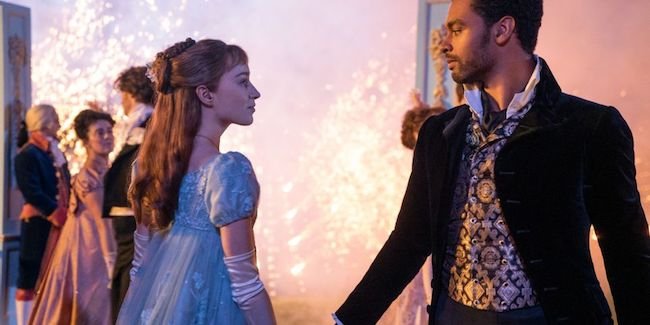OPINION: Netflix’s Bridgerton excels in female representation

Bridgerton isn’t the first Netflix series I thought of when I think of finding iconic feminist lines. However, the moment I learned more about characters, I found out that the show gives off an overall mood of being fanfiction. It’s more like a historical fantasy, not a historical romance. Obviously, Shondaland created the whole world. The events in Bridgerton never happened in the real-life Regency era. It’s a world where you can refuse a prince because you’re not in love with him. A world where people of color can exist as aristocrats and no one would treat them as inferiors. It’s also a world where you can propose to an unmarried pregnant over and the society wouldn’t damn you. A world where women can attend all-female gambling clubs.
Female representation in Bridgerton
Based on Julia Quinn’s book series, Bridgerton caters largely to women and definitely passes the Bechdel-Wallace test. In case you didn’t know, the Bechdel-Wallace test is a measure of the representation of women in fiction. It asks whether a work features at least two women who talk to each other about something other than a man. Obviously, feminism remains complicated. There are lots of different theories about what makes a piece of art feminist or not. But, I would like to point out how amazing Bridgerton portrays women and the ways in which I think it excels. The female characters aren’t afraid to point out the unfairness of the world they live in.

Queen Charlotte, Lady Whistledown, Lady Danbury, and Violet Bridgerton
The London Ton is ruled by two women: Queen Charlotte and the mysterious gossip sheet writer, Lady Whistledown. Yet, the young women of the show remain painfully aware of the fact that women have few options in life. They continue to lament the things that remain kept from them as girls like basic sex education. Lady Danbury and Violet Bridgerton, on the other hand, remain fantastic characters as a mother figure and a matriarch of the family. They demonstrate how women have a unique ability to get things done. When met can’t solve the issue of a persistent suitor, Violet uses the power of female gossip to send him running for the hills.

Eloise and Daphne Bridgerton
Although these two women rule the Ton, Eloise Bridgerton becomes the main source of what we would recognize as modern feminism in the show. Uninterested in being a debutante or finding a husband, she would rather go to university. Although that is the case, there are characters like her older sister Daphne Bridgerton who remains very concerned with marriage and often follows the traditional path laid out for her, she is still strong. She also values her agency and getting to make her own choices. When her older brother Anthony Bridgerton promises her hand to a suitor without consulting her, she is understandably livid. She stands up to him and refuses to enter a marriage she didn’t want to.
“Must our only options be to squawk and settle or never leave the nest? What if I want to fly?

Nudity and female pleasure
Filled with steamy sex scenes, Bridgerton focused uniquely on female pleasure. Sure, there is male nudity within the first five minutes of the show but it remains fairly and evenly distributed throughout, as opposed to many shows that feature female nudity much more heavily. One of the sexiest scenes features Simon telling Daphne about masturbation and we see her figuring it out on her own. A running trend of media currently exists beginning to acknowledge female pleasure, both with and without a partner, and this certainly contributes to it.

Let us know what you think!
Angela Grace P. Baltan has been writing professionally since 2017. She doesn’t hesitate to be opinionated in analyzing movies and television series. Aside from that, she has an affinity for writing anything under the sun. As a writer, she uses her articles to advocate for feminism, gender equality, the LGBTQIA+ community, and mental health among others.





